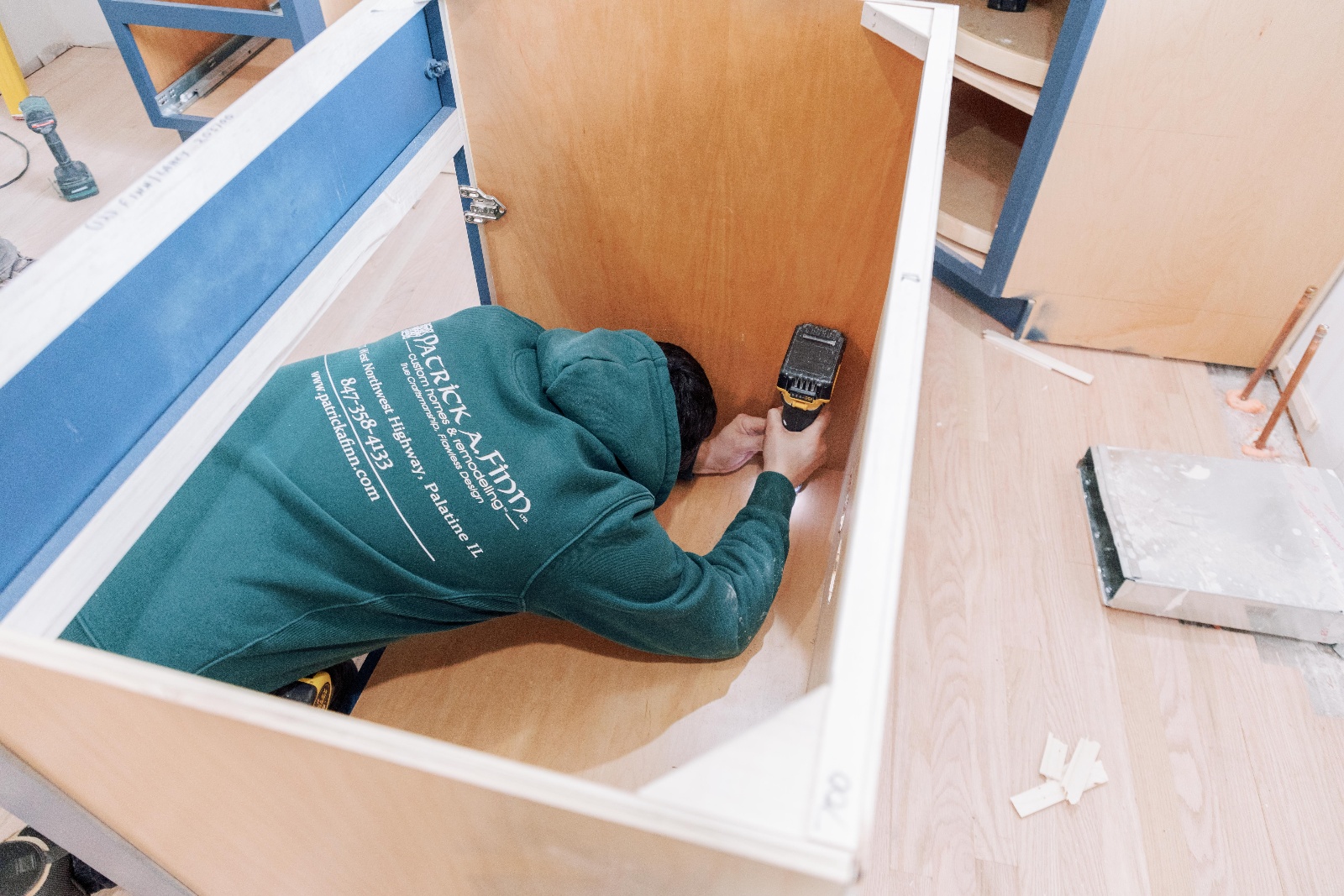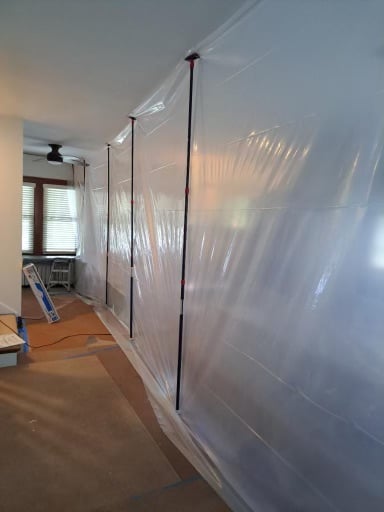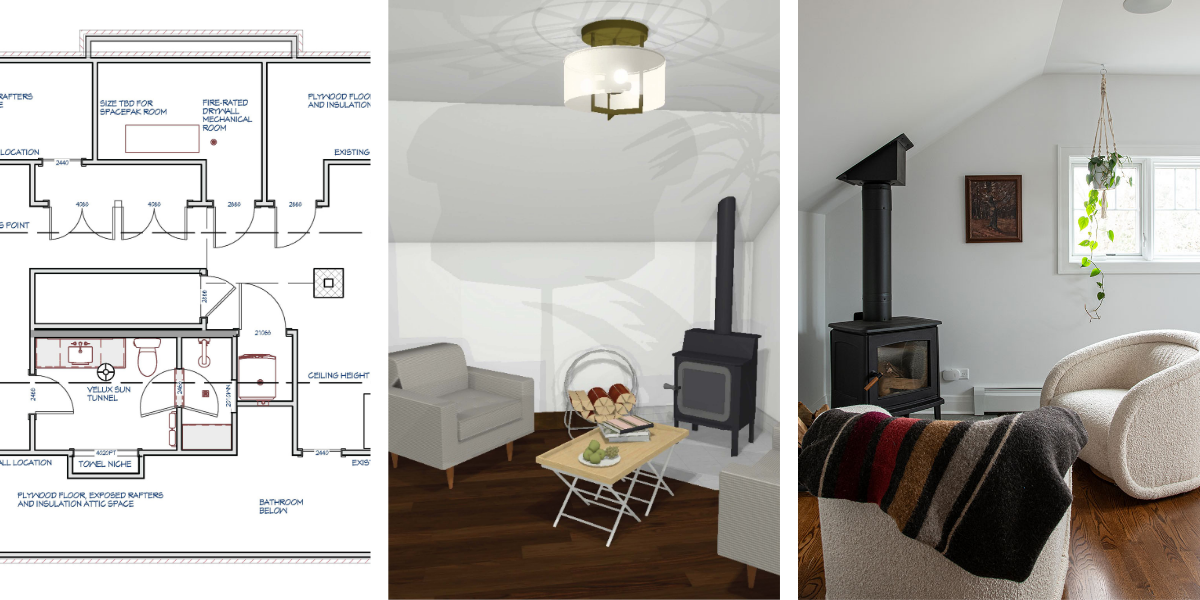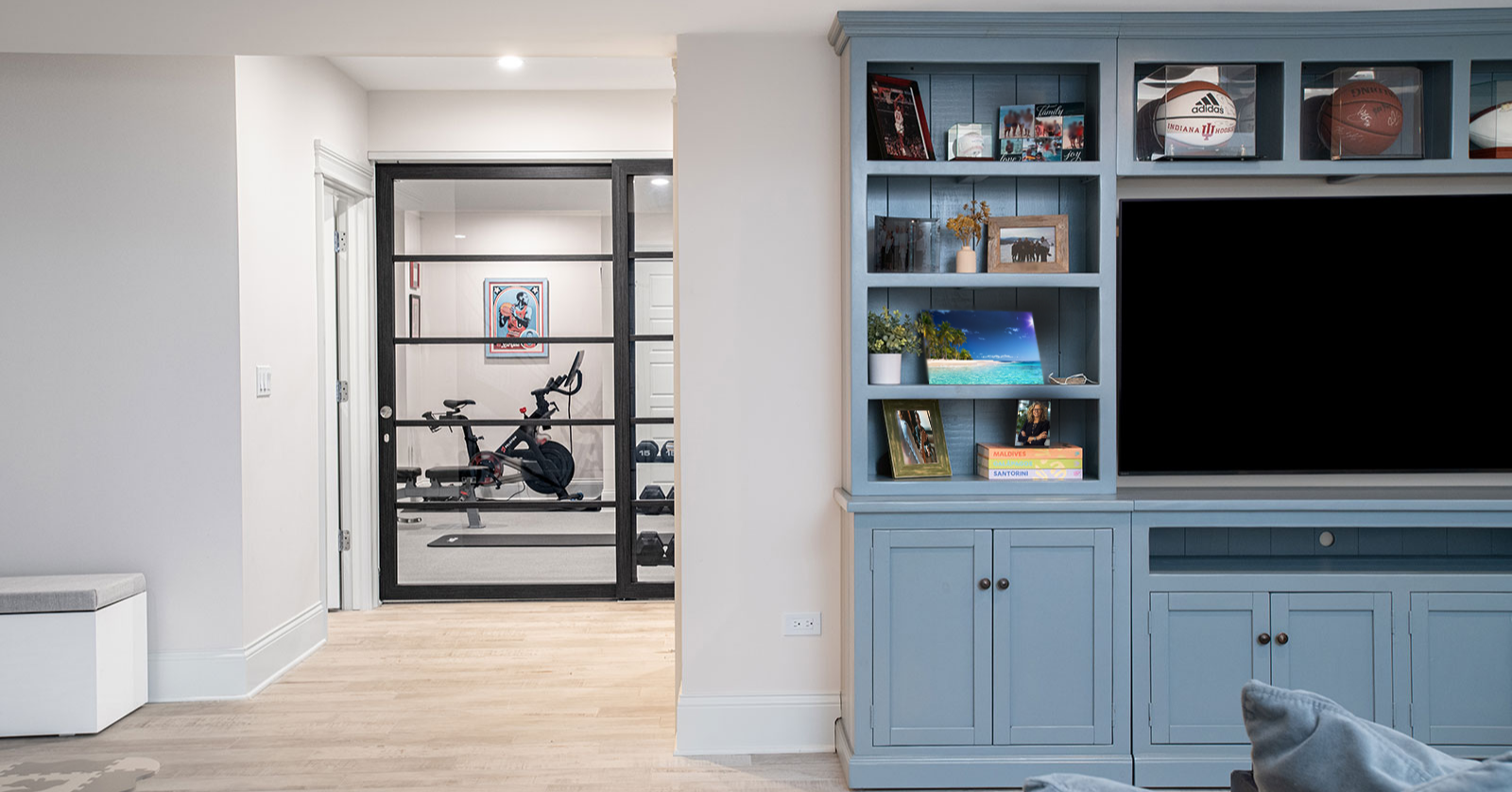Discover the Secrets to Effortless Home Renovations with Advanced Project Management

Home renovation projects and custom home builds that seem straightforward still present unique and often surprising challenges. Even the most seasoned DIYers can find themselves overmatched by the logistics of inspections, frustrated as they try to communicate with both the construction and design teams, and exhausted trying to wrangle the massive amount of details that go into any home remodeling project. Without effective project management, things can quickly spiral out of control.
When handing over the project management reins in both custom builds and home remodeling projects, there are some essential points to consider before hiring a general contractor.
Keep reading to learn the best place to start and the critical things to remember in your search.
What Does a Renovation Project Manager Do?
So, let’s start by defining exactly what a project manager is in the context of home renovation. Project management in one industry does not automatically translate to a seamless home improvement project, which is a distinction that can get some homeowners in trouble if it is not realized.
In short, the project manager’s responsibility is to ensure the project finishes on time, on budget, is completed according to the design, and exceeds expectations.
They are the liaison between you (the client) and the construction team, as well as between you and the design team. They provide an extra level of protection for homeowners when it comes to decision-making and handling unforeseen project surprises, such as hidden water damage behind walls.
It’s difficult to catch seemingly small issues like this without extensive experience and specialized know-how.
For example, we once encountered flexible conduit housing electrical wires that ran down three stories within the home through the laundry shoot. Per code in our area, the flexible conduit can only be run for 3-5 feet. This means if a fire broke out, it could have easily traveled up all three stories very quickly and caught the whole home on fire. Luckily, the project manager for Patrick A. Finn kept an eye out for questionable work and proactively brought it to the homeowner's attention. This additional, experienced oversight ensures renovation work is not just done according to plan but is also done safely.
Project managers often handle all of the code, permit, and village inspection processes. Depending on the specific project, most home renovation projects require multiple inspections, including:
- Rough inspection: the building, plumbing, electrical, and HVAC.
- Rough grade inspection
- insulation inspection
- Final inspection
Without a project manager, you must schedule and sit for these inspections, doing your best to answer any questions. Even if you opt for a general contractor to act as your project manager, you have to rely on their busy schedule to accommodate the window of time given by the inspector. This could cause delays or put you back on the hook for coordinating things you might not be prepared for.

Minimizing Home Renovation Risk: Contractor vs. Design-Build
A contractor who doesn’t have a dedicated project manager will wear too many hats, and likely miss details critical to the project's success. The project manager’s responsibility is to check in on all of the day-to-day activities and ensure all the tradespeople, subcontractors, and suppliers are aligned and following the project plan. Being a home renovation project manager takes a lot of time and work, even for someone dedicated to only that job.
This is especially relevant if the contractor is working on multiple projects simultaneously. Generally, contractors who act as the project manager also perform the work, which can be overwhelming for one person and lead to mistakes. The contractor should be free to proactively foresee future issues and deal with them quickly as they arise.

Do I Need a Project Manager for My Home Renovation?
Even the most capable, DIY-inclined homeowners who want to be their own project managers for their house renovation projects are risking a lot. Taking on this crucial role will likely cause you to fall behind in your professional job and personal life, which means you’ll likely fall behind on your remodel project as well. Being a home renovation project manager is a full-time job.
When you are your own project manager, the incredible number of decisions you have to make (on top of the everyday life decisions everyone has to make) can be very fatiguing. However, when you work with a design-build contractor who employs a dedicated home renovation project manager with years of experience, they will guide you through decision-making. This professional will be a partner and sounding board to discuss various options when challenges arise.
The experience needed is not only with construction but also with design. Homeowners who manage their projects often design the layout incorrectly and are stuck with too much or—even worse—insufficient material to get the job done. Sometimes, an error in design can cause a project to be abandoned and left half-complete.
For example, people like the design idea of a niche in their showers to hold shampoo and soap. However, they often want to design the shower niche directly under the shower head, not accounting for the plumbing that needs to go in that space behind the wall.
When you work with an experienced design-build team, they will guide you to ensure that seemingly small design issues don’t keep a renovation plan from being functional and aesthetically pleasing.

The Value of Project Management, Beyond Construction
Here’s a step-by-step guide on how a dedicated project manager ensures the proper handling of the entire scope of work, even beyond the actual construction itself.
1. Safety management
A design-build company with a dedicated project manager will offer you peace of mind because they’ll be aware of and proactively look for ways to make the project as safe as possible both during construction and post-construction.
2. Site prep
Not only will a dedicated project manager ensure the safety of the homeowners, pets, and the construction team, but they will also ensure the safety of the home’s existing spaces. For example, at Patrick A. Finn, we do the following:
 Dedicated construction zone: Create a zone barrier with hardboard and paper coverings for the floors and plastic “zip walls” as temporary walls for the construction zone. All vents of the construction area will be closed and covered to minimize dust transfer to the rest of the home.
Dedicated construction zone: Create a zone barrier with hardboard and paper coverings for the floors and plastic “zip walls” as temporary walls for the construction zone. All vents of the construction area will be closed and covered to minimize dust transfer to the rest of the home.- Reusing materials and fixtures: If any fixtures will be reused in the remodeled space, we will safely remove and store them until they are ready to be installed.
- Dedicated point of entry: To stay out of the client’s way, a lockbox is provided so that workers coming and going will not bother you. We encourage clients to use one point of entry, such as the front door, and we will use a secondary, such as the garage door, to eliminate a disruption in traffic patterns.
3. Vendor and Trade Relationship Management
Homeowners who DIY their home renovation projects don’t have the connections and relationships that a design-build contractor has with tradespeople and suppliers. Subcontractors like electricians, plumbers, and more, whom a design-build company regularly employs, will be more accountable for their craftsmanship and the customer service they provide because they will want to be hired again by the design-build company. They are also incentivized to proactively find ways to ensure the success of the renovation process to ensure a long-standing relationship with the design-build firm.
This relationship between the design-build company and tradespeople enables:
- Materials to be delivered accurately and on time.
- Access to a large network of suppliers who can provide materials that might be back-ordered.
5. Time management
The project manager creates the construction schedule, so they are very aware of the timing of each phase. They keep the schedule current as the project progresses and will proactively foresee any delays.
6. Quality management & client communication
Project managers will have onsite weekly check-ins with the client. This keeps communication open and transparent and gives the client a dedicated time to walk through the space and ask any questions or concerns up front, putting the client at ease instead of letting concerns or worries linger.
Project managers also maintain open communication with the design team to ensure the project is being built according to the design and to provide a seamless flow of communication between the design and the client.

7. Project management software
A high-quality design-build contractor will utilize project management software to facilitate the project's communication, organization, and transparency.
This database will include:
- Up-to-date project timeline with dates
- A message board where you, as the client or the design-build contractor team, can quickly and easily communicate information and details.
- Real-time access to important paperwork such as invoices, contracts, proposals, and project drawings.
- A section that lists all of the client’s selections, such as fixtures, cabinets, countertops, tile, and more.
- An area to share photos, links, interior design ideas, and other helpful information.
- Change order section: if there’s additional work the client wants to do, this information will be added as a clear way to document any changes throughout the project. This provides complete homeowner transparency into the total cost of the project.
The client will have lifetime access to their portal, where they can quickly find warranty information, details about their specific selections, paint colors, the manufacturer and color of siding, and more.
How Do I Find the Right Project Manager?
The best way to ensure you get the right project manager for your home renovation or custom build is to work with a design-build firm that employs dedicated project managers and emphasizes a satisfying client experience. A good design-build company will be driven to care just as much about your experience as they care about the final product. Do your due diligence by researching the design-build company you are working with to ensure they hire the right people to do the work accurately.
The project manager is the face of the project while also coordinating with individual groups and working in the background to make the project successful. They must have the dedicated time, training, and resources to do their job effectively, stay laser-focused on the success of your project, and not let anything fall through the cracks.
Ready to transform your house into your dream home? Our free guide, "Smart Strategies for Home Renovation Budgeting: A Practical Guide," will show you how to achieve stunning results while staying on budget. This comprehensive resource dives deep into the benefits of partnering with a design-build company to streamline your renovation and bring your vision to life.











